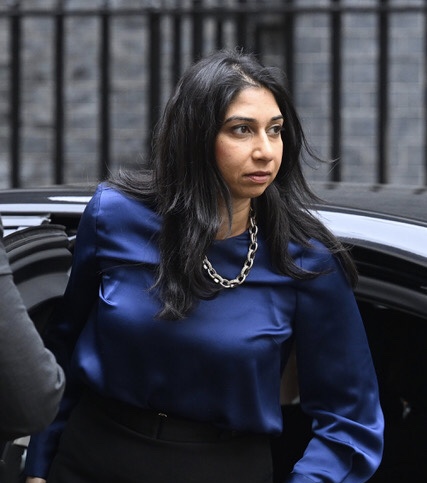An open letter dated 25th May, addressed to the Prime Minister, Rishi Sunak and the Home Secretary, Suella Braverman, called for:
‘ evidence-informed responses, that prioritise the needs of all victims and survivors, and respond holistically to all forms of sexual abuse’.
The letter which was signed by 65 child safeguarding NGOs, childcare specialists, academics and researchers, including the well known charities – NSPCC and Victim Support, described themselves as ‘a group of UK based researchers, practice and policy leads whose work focuses on addressing child sexual abuse’.
Government should ‘refrain from making partial, inaccurate or divisive claims about child sexual abuse’
The letter was clearly designed to preempt the government’s soon to be released ‘Independent Inquiry into Child Sexual Abuse (IICSA)’, and suggests that the government’s response should be challenging the damaging ‘myths and stereotypes’ noted by IICSA and the Westminster Government itself.’ It urges the government to ‘refrain from making partial, inaccurate or divisive claims about child sexual abuse’.
Central to the letter’s claims, were that recent political announcements and media discussions were responsible for ‘perpetuating misinformation, racism and division.’ ‘Stereotyping around child sexual abuse (racial or otherwise) poses considerable risks, not least to children’ the letter stated.
Targeting particular community groups such as British-Pakistani men diverts attention
Attempts to promote the idea that child abuse and child exploitation issues took place within one particular community, such as groups of British-Pakistani men, served to draw attention away from ‘so many other sources of harm’, the letter argued.
It listed six key areas that the government’s response should make a priority of focus: better identification of all forms of child sexual abuse; timely access, for victims and survivors, to effective long-term support to address therapeutic, advocacy and wider support needs; a trauma-informed and responsive criminal justice system that centres victims’ and witnesses; appropriate education and awareness raising within schools and wider society; improving collection and use of data; improving understanding of what is effective in preventing child sexual abuse.
‘Children deserve nothing less’
Although the letter pointed out, that these areas of focus were not exhaustive, they represented it stated, a key to better policy and practice around child abuse. It concluded by asking the government to act on ‘the existing evidence base, listening to the expertise of victims, survivors and professionals, and prioritising meaningful impact over short-term media cycles.’ ‘Children’ the letter said, ‘deserve nothing less’.
The letter was made public in the wake of parliamentary disquiet over claims that the Home Secretary was responsible for making problematic ‘dog-whistling’ claims in respect of illegal migrants and just as she was facing possible investigation for breaching the ministerial code over allegations that she misused civil service resources in respect of a speeding penalty.


















